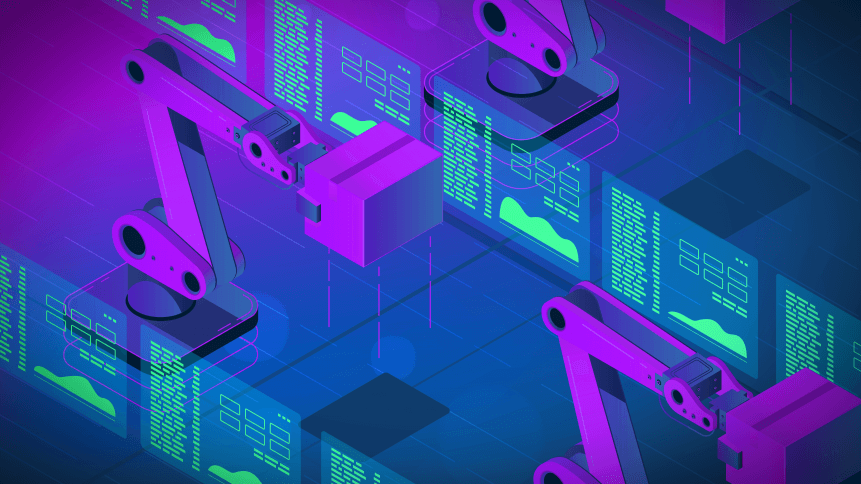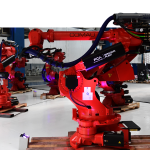Automation — the true enterprise champion of 2020?

- Three in four (73%) of organizations worldwide are now using automation technologies, finds Deloitte
- The pandemic has led to a big hike in scale, with 13% now implementing more than 50 automation tools
Automation technology is an expansive term, today covering anything from robotic process automation (RPA) software, ‘hard’ robotics, machine learning, and natural language processing (NLP).
What everything under this broad umbrella has in common is the removal of manual processes from humans.
As it turns out, that very concept has been crucial to the adaption of many businesses during what has been a massively demanding year as they are pressured to ‘rethink’ ways of working in order to continue operating effectively.
A new report by Deloitte, based on the responses of 441 executives from 29 countries, finds that three in four (73%) of organizations worldwide are now using automation technologies, up from 58% just a year before.
But the report also identifies that the use of automation technology has rapidly expanded across applications within the business — 13% of business leaders said their organization has implemented more than 50 automation, up from 8% in 2019 and 4% in 2018.
Deloitte’s partner and leader of its robotic and cognitive automation practice, Justin Watson, said that automation has proven a “lifeline” for businesses during the pandemic, allowing for rapid increases in processing capacity, new processes to support the response, increasing productivity and accuracy, whilst also improving the experience of customers and employees.
“As organizations scrambled to support home working en-masse and provide COVID-secure work sites, automation took the strain to ensure business continuity,” Watson said.
Just a few examples of this included the move to artificial intelligence- (AI-) enabled contact center technology, which reduced the burden on staff faced with a deluge of customer service inquiries earlier in the year. Insurance companies could employ AI to accelerate the validation of loans from financial firms.
YOU MIGHT LIKE

Could COVID-19 spur the rise of Robotics-as-a-Service?
In heavy industries, there has been a significant uptick in interest in robotics, with organizations now recognizing investments as a means for business continuity and resilience in times of crisis. This has sparked up the stock prices of robotics firms like ABB and is driving the further exploration of robotics-as-a-service business models.
“Very few good things have come from the pandemic,” said Ian Stewart, chief economist at Deloitte, “the accelerating adoption of new technologies may prove to be one of the most significant.”
The surge in the implementation of automation technology continuing into 2021 will bring challenges. Business leaders must prioritize wide-scale retaining and upskilling their workforce — within the next three years, Deloitte expects a third of the workforce will need to be retrained.
“Leaders must keep in mind that successful automation is not only about new technologies, it’s about people,” said Dupe Witherick, senior manager in Deloitte’s robotic and cognitive automation practice.
“A worrying number of leaders are yet to consider how their workforce will be disrupted as a result of automation.”









